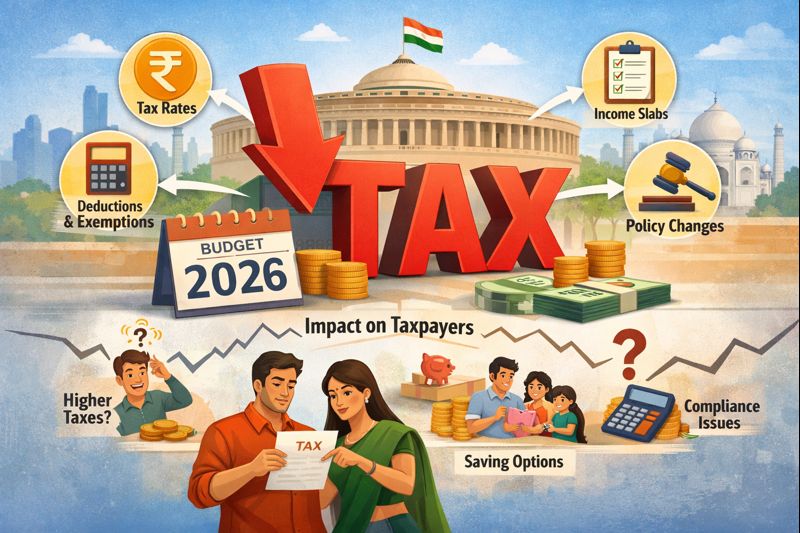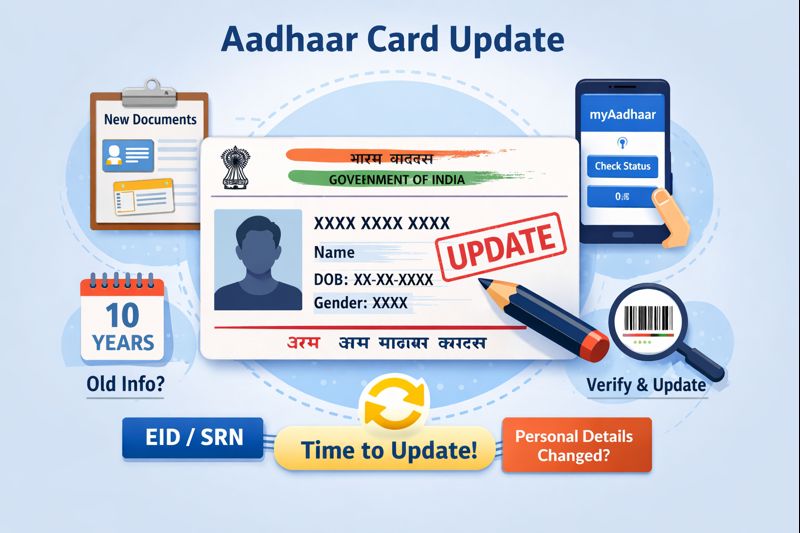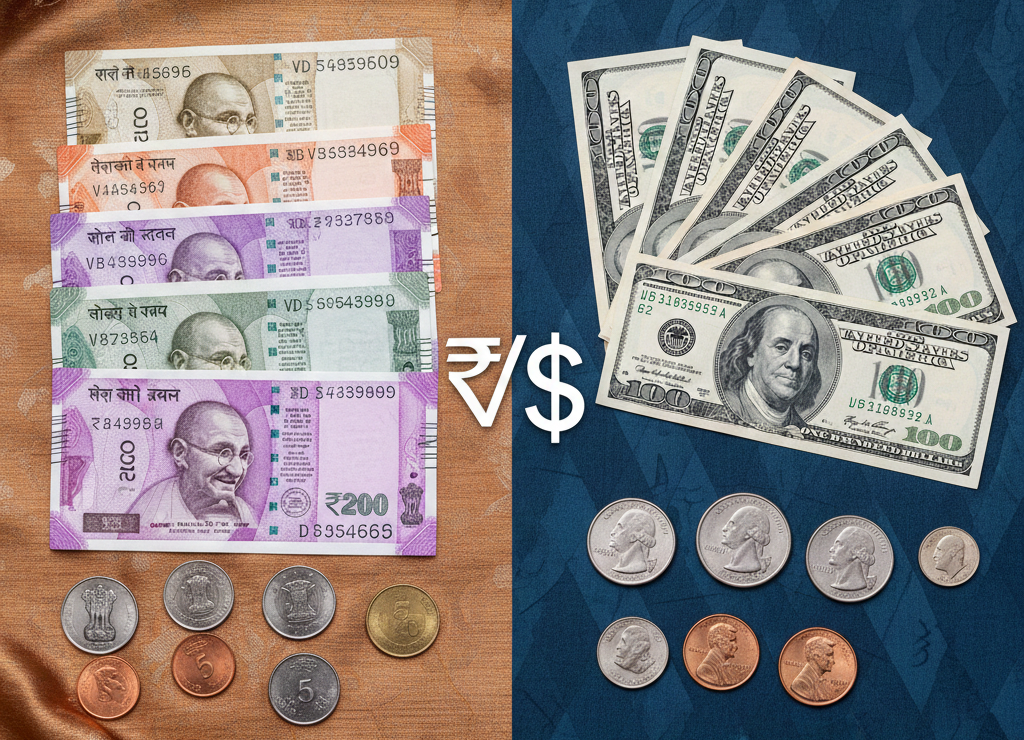If you’ve filed your 2024 income tax return, you’re ahead of the curve. However, submitting your paperwork is just the beginning. Tax laws and regulations may change, so it’s crucial to keep up with any updates that could impact your filing status, possible refunds, or tax liabilities.
Taxpayers should be aware of the notice they might receive under Section 143(1) of the Income Tax Act. While this notice is not necessarily alarming, it’s important to understand its significance and know how to respond appropriately.
What is Section 143 (1) notice?
Section 143(1) is a notice from the Income Tax Department (ITD) that summarizes how your income tax return (ITR) has been processed. It compares the information you provided with data from external sources like Form 26AS, Form 16A, or Form 16. The notice details the tax amount calculated by the department, pointing out any discrepancies, outstanding taxes, or refunds. This notice is a standard part of the tax filing process and helps verify that everything is accurate.
Which mistakes can cause taxpayers to receive Section 143 (1) Notice?
You might receive an intimation under Section 143(1) for several reasons, such as:
- Incorrect Deductions: If you claim deductions under Section 80C that exceed the Rs 1,50,000 limit, the excess will be disallowed, which will be noted in the intimation.
- Disallowed Expenditures: Expenditures mentioned in your audit report but not included in your income calculation may be disallowed.
- Verification of Taxes Paid: The Income Tax Department will verify Advance Tax, Self-assessment Tax, and Tax Deducted at Source (TDS) details against Form 26AS to ensure they match your return.
- Additional Income: Any additional income reported in Form 26AS, Form 16A, or Form 16 that was not included in your return will be highlighted.
- Loss Carry Forward Issues: If you tried to carry forward losses to the next year but filed your return late, or if you used losses from a previous year in a late filing, these might not be accepted.
- Section 10AA and Other Deductions: Deductions under Section 10AA and other sections (80-IA, 80-IAB, 80-IB, 80-IC, 80-ID, and 80-IE) are only valid if claimed on time; late claims may be disallowed.
- Tax Calculation Details: The notice will also include calculations for any tax owed, late filing fees, and applicable interest.
What Information is Included in the Notice?
When you receive an intimation under Section 143(1), it may be classified into one of three types:
Tax Refund: If you’ve overpaid your taxes, the intimation will specify the refund amount. Refunds above Rs 100 will be credited to your account, while amounts below this threshold will not be disbursed.
Tax Shortfall: If the department determines that you owe additional tax, the intimation will detail the amount due and include a challan for payment.
Simple Notice: If your return matches the department’s assessment, you will receive a simple notice. In such cases, no additional intimation is needed, and your Income Tax Return acknowledgment will serve as confirmation.
The ITD is required to issue this notice within a specific timeframe. The deadline has been extended by three months from last April 1, 2021, giving the department nine months from the end of the financial year to handle the Income Tax Return.
What do you need to do if you receive Section 143 (1) Notice?
If you receive a Section 143(1) notice, here’s how to handle it:
- Review the Notice: Carefully check the notice to ensure it matches your filed return. Confirm details such as your name, PAN, Address, Assessment year, and E-filing Acknowledgment number.
- Identify Discrepancies: If you spot any discrepancies between the notice and your return, you can correct them by submitting a revised return through the income tax e-filing portal.
- Submit a Rectification Application: If you disagree with the adjustments made by the Centralized Processing Center (CPC), you can file an online rectification application under Section 154(1) to address any errors.
- Respond to Tax Demand: If the notice indicates additional tax due, respond through the e-filing portal to confirm whether you agree or disagree with the assessment.
- File Grievances: If you are dissatisfied with how your rectification return is handled, you can file an online grievance or contact your assessing officer. If the issue persists, you can escalate it by submitting a complaint to the income tax ombudsman.
Receiving a Section 143(1) notice is a routine part of the tax filing process. Understanding the notice and knowing how to respond can help you manage your tax matters effectively and reduce any potential stress.
Conclusion
Even after submitting your 2024 income tax return, it’s essential to keep up with the latest tax updates. Changes in tax laws, credits, deductions, and reporting requirements can greatly affect your financial situation. Staying informed helps you maximize benefits and ensure compliance with regulations. If needed, seek advice from a tax professional to review your circumstances and make any required adjustments.
Source – ITR alert: What you must know before responding to Section 143(1) notice (msn.com)
Know more about the taxes applicable if you sell Gold or SGBs – https://insightfulpeek.com/which-taxes-are-applicable-if-you-sell-gold-or-sgb-sovereign-gold-bonds-in-2024/
Also, check out New Guidelines by RBI if you are applying for Loan – https://insightfulpeek.com/new-rbi-guidelines-changes-in-loan-taking-rules-from-october-1st-2024/







